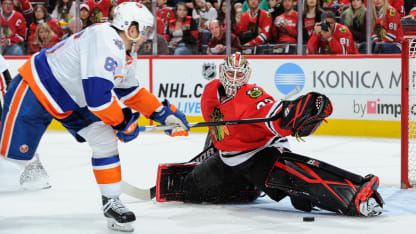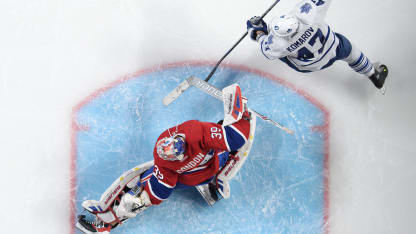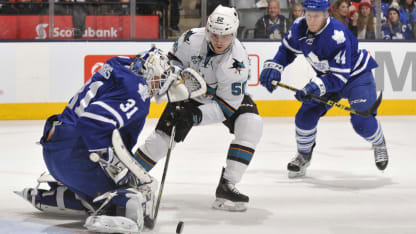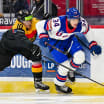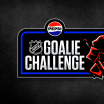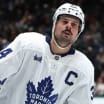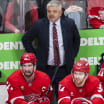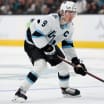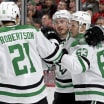Allaire points to Roman Will, a member of the ECHL all-rookie team last season with Fort Wayne, as an example.
Will started this season with San Antonio, the Avalanche's AHL affiliate. But after injuries to the three goalies ahead of him on the depth chart, Semyon Varlamov, Calvin Pickard and Reto Berra, Will was called up to the NHL and made his debut Jan. 26 against the San Jose Sharks.
"His first minutes in the League and that's something, for kids to get a chance even to play one period in the NHL," Allaire said. "If you perform well and you develop properly you have a chance to step up."
The increased opportunities for ECHL goalies is, in part, the result of more goaltending instruction at that level during the past several years.
One of the attractions for goaltenders playing in Europe used to be the quantity and quality of the position-specific coaching they received, while it was common until recently for North American pro goalies to be left to their own devices in the minor leagues.
Now most organizations have a goaltending development coach who spends time with goalies in the AHL and ECHL.
Toronto Maple Leafs goaltender Garret Sparks played 36 games with Orlando in the ECHL last season, and he said that workload, along with access to Piero Greco, the goaltending coach for Toronto of the AHL, as key pieces of his development into a NHL goalie this season.
Vitek Vanecek, 20, a second-round pick (No. 39) by the Washington Capitals in the 2014 NHL Draft, came to play with South Carolina of the ECHL this season rather than stay in his native Czech Republic.
Vanecek believed it was more important to play this season, even in a lower league, than be a backup in the AHL. Washington wanted him somewhere in North America to begin his transition to the style of play on this side of the Atlantic.
"I think it's swinging back the other way," said Capitals associate goaltending coach Scott Murray. "More young guys are willing to go to a place where they can gain experience."
